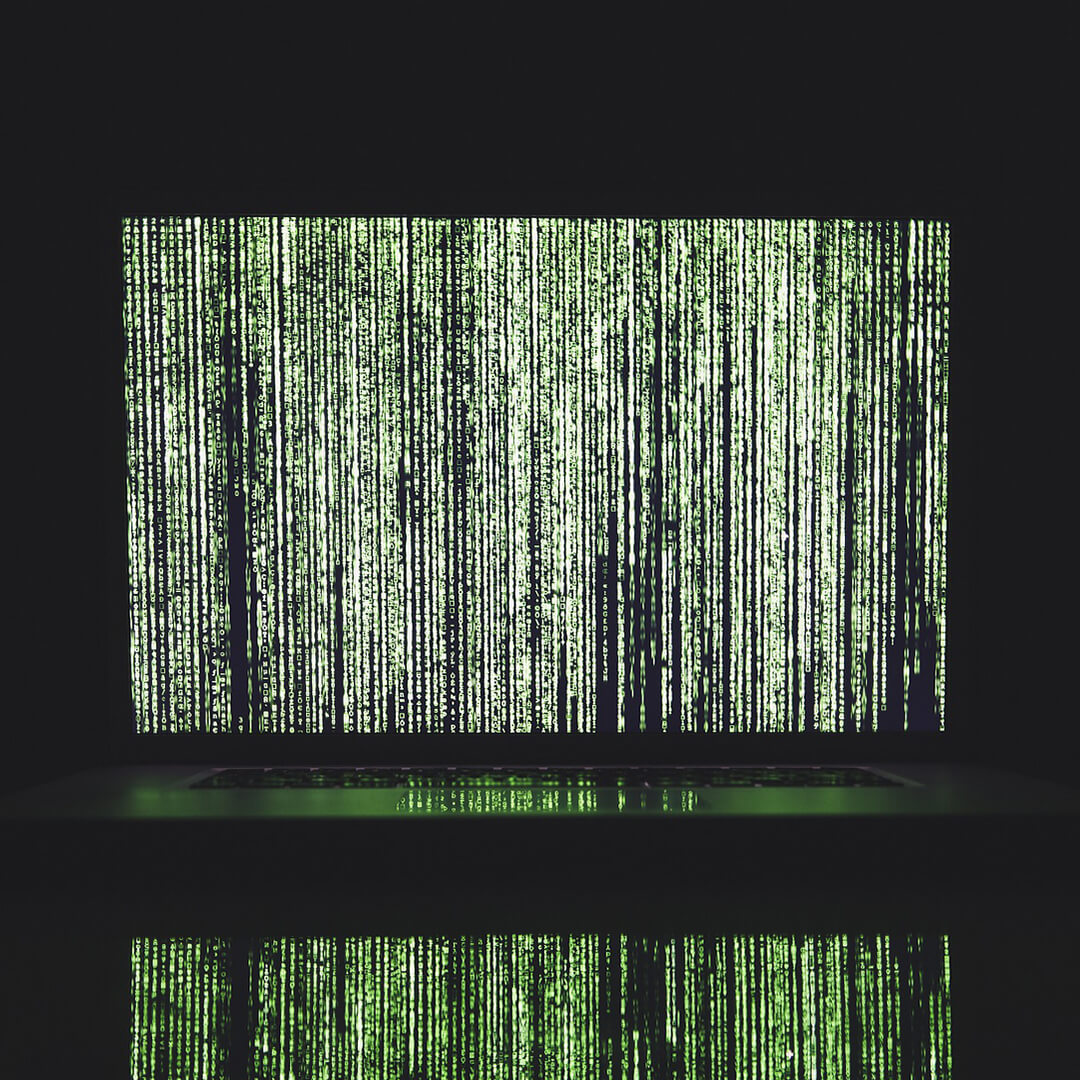Cyber-stalking in college is a severe offense that can significantly impact your academic and personal life. The use of the internet and electronic communication to harass, threaten, or intimidate someone is taken very seriously by universities and law enforcement. At DC Student Defense, we have the expertise to defend students against these complex allegations, ensuring your rights and future are protected. Our team, led by former federal prosecutor Attorney Shan Wu, understands the nuances of cyber-stalking cases and is dedicated to providing robust defense strategies.
What is Cyber-Stalking?
Cyber-stalking involves the use of the internet and other electronic means to stalk someone. This can include messages, social media posts, emails, school communications, and many other forms of online communication.
These cases are often complicated by the subjective nature of online communication. While one party may believe they are being friendly or inclusive, the recipient may feel overwhelmed, harassed, or threatened.
Understanding the nuances of internet communication is crucial in defending against these charges.
Common Forms of Cyber-Stalking Among College Students
Cyber-stalking can take many forms, including:
- Unwanted Sexual Advances: Repeatedly sending unwanted messages of a sexual or romantic nature.
- Threatening Messages: Repeatedly sending unwanted messages to intimidate or frighten.
- Invasive Social Media Posts: Posting content that invades someone’s privacy.
- Persistent Online Contact: Continuously messaging someone despite requests to stop.
- Sharing Pornographic Content: Either sending someone pornographic or sexual content without their consent, or sharing pornographic photographs of someone without their consent.
How Universities Handle Cyber-Stalking Allegations
The specific rules and procedures regarding cyber-stalking allegations will vary from school to school, but regardless, the consequences will always be severe.
Cyber-stalking can be prosecuted in the courts as either a felony or a civil case, depending on its severity. Potential consequences include:
- Restraining Orders: Legal orders to prevent further contact.
- Fines: Financial penalties for the offense.
- Jail Time: Especially for repeat offenders.
- Sex Offender Registry: Conviction of a sex crime (such as sharing pornographic material nonconsensually) can potentially land you on the sex offender registry.
In addition to criminal penalties, cyber-stalking allegations can result in academic penalties, such as suspension, expulsion, loss of housing, and other disciplinary actions.
Universities typically follow a structured process to investigate a cyber-stalking allegation.
Attorney Shan Wu and the dedicated team at DC Student Defense have experience defending college students against these allegations, and know how to provide support and legal guidance during such a challenging time. Our team has a proven track record of successfully navigating university disciplinary proceedings as well as criminal investigations, and protecting our clients’ academic future.

What To Do If You’re Accused of Cyber-Stalking
If you are accused of cyber-stalking, it is crucial to seek legal counsel immediately. Here are the most important first steps to take:
- Keep Records: Maintain all messages and communications for your defense.
- Don’t Talk About Your Case: It’s important not to talk about your case to anyone other than your attorney, including your friends, roommates, professors, and especially the accuser.
- Seek Legal Help: Consult a criminal defense attorney who specializes in defending college students.
Cyber-stalking is a serious charge that requires a robust defense. An experienced attorney can help you navigate the legal and academic complexities and work towards the best possible outcome for your case.
How a Student Defense Attorney Can Help in My Cyber-Stalking Case
Crimes involving computer use are prosecuted at both the local and federal levels. These cases often require experts in electronic data recovery and analysis to determine the origin, sender, and storage of the information.
At DC Student Defense, our criminal defense attorneys specialize in defending college students accused of computer crimes and violations of conduct or academic codes related to computer use. Since gathering evidence for computer crimes can be challenging, it is crucial to consult with a defense attorney who can ensure a thorough investigation process for your case.
Our practice collaborates with highly experienced forensic IT consultants, often former law enforcement officers, to aid in investigations that will strengthen your defense. Additionally, because student conduct codes related to computer crimes are typically vague, a student defense attorney can help clarify your rights during disciplinary hearings and work to minimize any impact on your education.
What Our Clients Say
Frequently Asked Questions
What constitutes cyber-stalking?
Cyber-stalking involves repeated and unwanted digital communication that causes fear or distress. This can include emails, texts, and social media interactions.
What are the potential penalties for cyber-stalking?
Penalties can range from criminal penalties like restraining orders and jail time, to academic consequences such as suspension or expulsion, depending on the severity and frequency of the offense.
How can I defend myself against cyber-stalking accusations?
Keep a record of all communications and seek legal counsel immediately. An experienced defense attorney can help you understand your rights and build a strong case.



